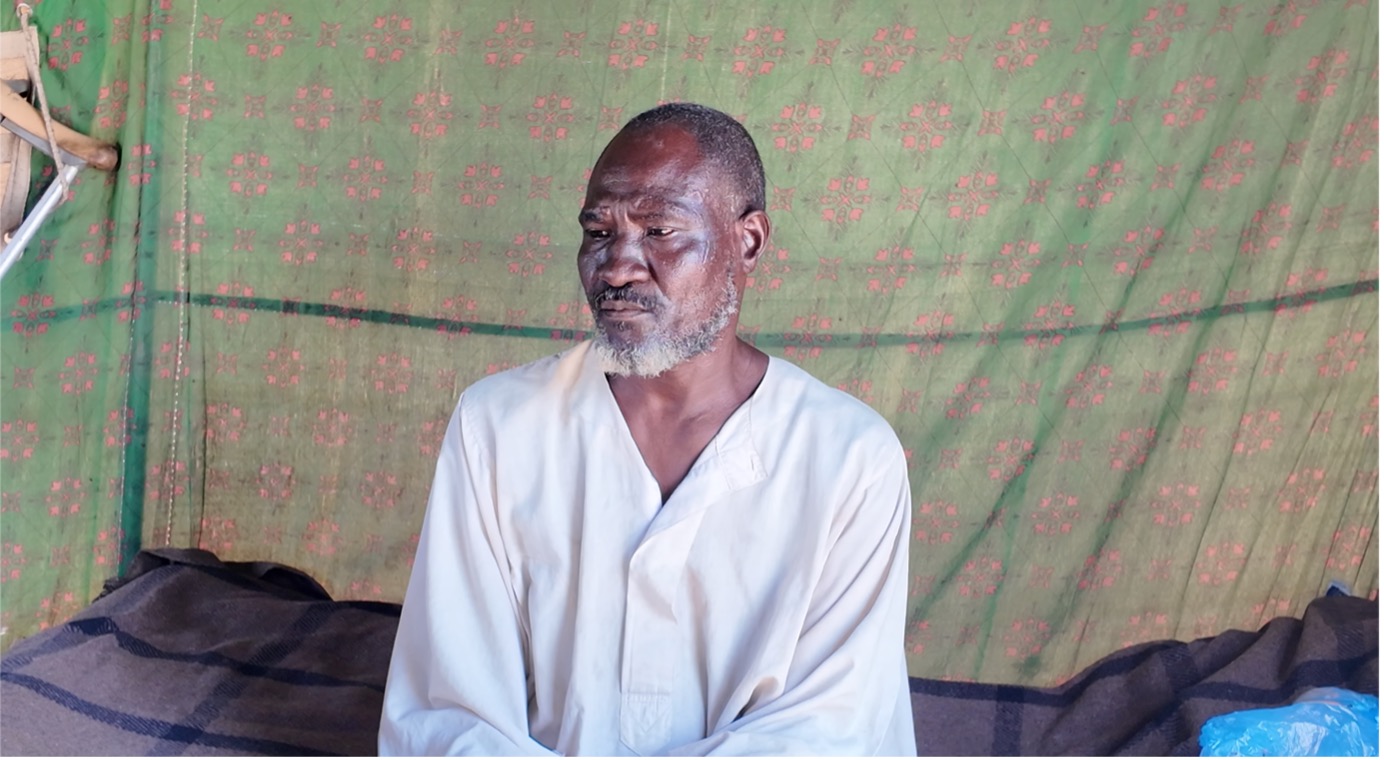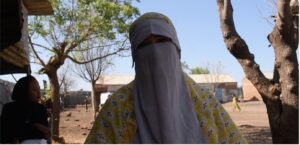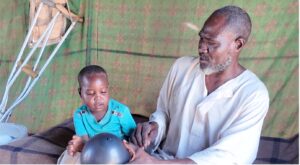
When Sarah* fled her home in Omdurman amid the violent eruption of conflict, survival was the only goal. With just a handful of belongings and her frightened family in tow, she embarked on a harrowing escape.
“We crossed the Khartoum-Omdurman bridge on foot,” Sarah recounts. “The elderly were carried on wheelbarrows. Corpses lay swollen on the streets; the smell was unbearable. My children saw horrors that stole their innocence.”
Their initial refuge in Madani was shattered by bombs, forcing Sarah’s family to flee again, this time on donkey carts, until they found themselves in Gedaref in eastern Sudan, a place that offered no promises, only further hardship.

Daily despair
The displaced in Al-Gedaref now live a desperate reality. Housing is scarce, forcing families onto streets or overcrowded shelters.
“We have nothing but the clothes we arrived in,” Sarah shares. “Finding food and water is a daily struggle. Illness is widespread; hunger is devastating. Words can’t fully describe our suffering.”
Her eyes convey a silent plea, speaking volumes beyond her words.
A father’s anguish: “my daughter nearly died from hunger”
Anowar knows hunger intimately. His family survives on two meagre meals each day, often little more than flour porridge. The toll of malnutrition nearly claimed his daughter’s life.
“My daughter’s body swelled from hunger,” Anowar painfully recalls. “Seeing her suffer was unbearable. Thank God she’s better now, but every meal feels like a miracle we can’t always afford. Bread, lentils – simple foods feel like treasures.”
His voice is heavy with the weight of providing for a family on the edge of survival.
Anowar’s ordeal mirrors that of countless displaced families.
“In Omdurman, some days we had no food at all. My children fell sick from malnutrition when we reached here,” he reveals. “Even with help from the clinic, our struggle isn’t over. Food scarcity still haunts us. Some days, we simply do not eat.”
Anowar’s testimony is a stark reminder of the severity of Sudan’s hunger crisis. Elderly residents have died not only from starvation but from the heartbreak of losing homes they hoped to pass down through generations.

Islamic Relief support
Amid the overwhelming despair, Sarah and others have found hope through Islamic Relief’s humanitarian aid. Supplies brought relief, however temporary, to their prolonged suffering.
“Islamic Relief arrived, and we felt hope again,” Sarah shares. “I haven’t even opened the aid bag yet, but its arrival alone reassured us that we aren’t forgotten.”
For Sarah, and Anowar, aid isn’t just food – it’s recognition, compassion, and a lifeline to survival.
Picture: For Sarah* and other displaced families in Gedaref, these supplies bring relief after months of hunger and fear.
“If you have means, please help,” Sarah implores. “Even the simplest acts of kindness can save lives. We’ve survived our darkest days but cannot do this alone.”
Her plea echoes across borders, carrying a universal message: solidarity can ease suffering, compassion can heal wounds, and togetherness can save lives.
Sudan’s hunger crisis is not just a statistic, it’s a devastating human tragedy that demands immediate global action.
Islamic Relief remains committed to aiding Sudan’s displaced families. On World Hunger Day, your support can turn despair into hope. Stand with us and help save lives today.



